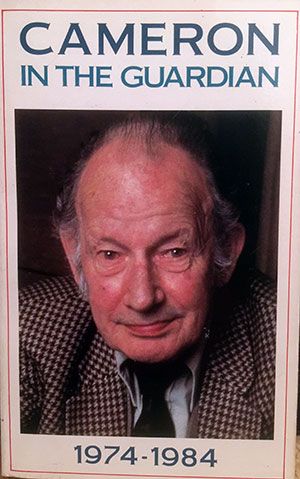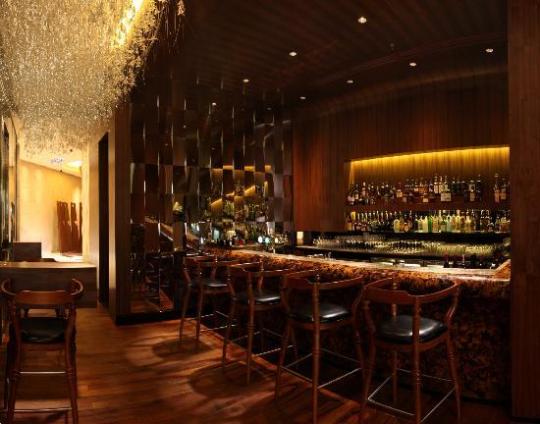Food in spy fiction….
 I have long felt that the genre of spy fiction does not get the credit in the literary world it has and does merit. For me, the structure of Le Carré’s storylines, Deighton’s flow of dialogue or Greene’s depictions of his central characters stand up against much of what is perceived to be the best of twentieth century fiction. Remove any sense of literary snobbishness and enjoy immersing oneself in a world most of us have at least a passing interest in and you may find yourself pleasantly surprised by the experience.
I have long felt that the genre of spy fiction does not get the credit in the literary world it has and does merit. For me, the structure of Le Carré’s storylines, Deighton’s flow of dialogue or Greene’s depictions of his central characters stand up against much of what is perceived to be the best of twentieth century fiction. Remove any sense of literary snobbishness and enjoy immersing oneself in a world most of us have at least a passing interest in and you may find yourself pleasantly surprised by the experience.
For an espionage novel to be convincing it has to set the tone of the life of a spy and the less flattering that portrayal is the more realistic the story becomes. Few intelligence agents, one could safely assume, would have the financial means to order Dom Pérignon and oysters for room service, a la Bond but then Fleming’s character, however popular can not be viewed as the quintessential Cold War spy. For that, we must turn to Len Deighton.
There can be no doubt that Ian Fleming had a considerable knowledge of fine food and wine. His own experiences from travelling and eating in first class hotels gave the detail of Bond’s meals a degree of authenticity even if the circumstance did not. Deighton on the other hand came at it from a less exotic angle, his characters were far more ‘meat and potatoes’ and his own personal love of French and German food shines through in his novels from Palmer in the sixties to Samson in the 80s and 90s. Where Deighton strikes gastronomic gold is in the transport cafés and small town bars his characters meet in. No elegant service in the Ritz Carlton for Bernie Samson, in the first of the Samson novels, Berlin Game, Samson observes a barman nervously serve two brutish East German policemen; ‘Would you like to eat? I can give you Bratwurst with red cabbage, or roast chicken with spätzle‘. This is local food, Deighton hasn’t guessed this. We all know about German sausages but not served with red cabbage, or the speciality dish of German-style noodles (or small dumplings depending on which part of Germany you eat them in) served with the chicken. This is the food one could expect to eat in a café and it goes a long way in sealing the books credibility.
By the fifth book in the series Deighton succumbs to mentioning the schnitzel but not without a dose of Germanic advise to ‘never trust a man in lederhosen’ which in this case is the waiter recommending it and once again he manages to educate without making it read like a lesson. I find this one of the most irritating features of novels when the author throws in a thinly disguised history lesson or a piece cobbled from a bartender’s guide to cocktails. In Funeral in Berlin from 1964 we learn about German breakfasts courtesy of Harry Palmer; ‘The waitress brought me a kännchen Mokka, soft-boiled eggs, marmalade, bread and butter and I even remembered that Karlsbader Hörnchen were croissants’ I like the subtlety of that as well as an insight into what was traditionally eaten for breakfast in continental Europe at that time.
Another famous spy novelist who is as familiar with Germany as Deighton is John Le Carré but his characters barely eat! This, I have to say, is a disappointment for me. Whilst he (and he knows better than I) may feel the storyline doesn’t need the culinary detail it is a shame, given the destinations covered in his novels not to get some insight into Cold War Czech, German, Hong Kong or Panamanian cuisine.
But in the interests of fair play I shall end with the author I first mentioned, Ian Fleming. For despite the heavy drinking, expensive Japanese beef, silver-served dover soles and broiled lobsters Bond was known to ‘rough it’ with the locals upon occasion. In his 1956 outing; From Russia with Love, we see Bond and Kerim Bey tackling the prickly issue of sardines en papillotte as well as the now infamous donor kebab. Bey is suitably derogatory about his country’s neighbouring cuisine whilst Bond remains typically British throughout. Fleming pulls few punches in describing the simplicity of peasant food and so it is perhaps understandable that he moves his character back to more salubrious surroundings.
What are your thoughts on culinary detours in novels? Are they relevant or annoyingly irrelevant?
Categories: The Reading Room







This is a superb article! You make an interesting point about le Carre, I’d not considered his ‘lack of food’ before. As you point out Deighton is the master here and not just because he has a food interest in his personal life. He saw the importance of local food in setting a scene and allowing the reader to feel truly involved.
Thinking about it, few things give local colour better than food and in good spy fiction local colour is everything.
Thanks for a great read.
LikeLike
Erich,
Glad you enjoyed it, thank you. I must agree with you, I feel it is especially important today as we look back on life behind the iron curtain, for example. Food and regional specialities can often absolutely distinguish one area from another and it is to Deighton’s credit that he understood that from the beginning.
LikeLike
It was interesting that Fleming himself was not a gourmand but was able to write as if he was. Probably all the fine dining in restaurants helped. Deighton was a fine cook of course. To have been in attendance at their meeting at the White Tower in London!
LikeLiked by 1 person
That’s true, he must have gained much of his knowledge that way, Deighton’s cookery books are wonderful, I agree, what a meeting!!
LikeLike
For my character Rhule Kurlansky in Whipsawed his choice of whiskey and how he saviours it extends the characterisation. Thus, I find your topic point important
LikeLike